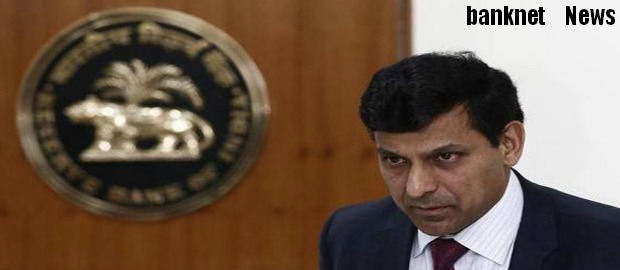

First Bi-monthly Monetary Policy Statement for 2015-16 By Dr. Raghuram G. Rajan, Governor, RBI - April 07, 2015 - Full Text
Financial Markets
Several steps have been taken by the Reserve Bank to promote liquidity in the government securities (G-sec) market as recommended by the Working Group on Enhancing Liquidity in the Government Securities and Interest Rate Derivatives Markets (Chairman: Shri R. Gandhi). These include, inter alia, a) conduct of G-sec auctions at both uniform price and multiple price formats; b) change of the settlement cycle of primary auctions for treasury bills (T-bills) from T+2 to T+1 basis; and c) re-issuance of state development loans.
As part of continuing measures to promote liquidity, the Reserve Bank will formulate a scheme for market making by primary dealers in semi-liquid and illiquid government securities. Details of the scheme will be worked out and implemented in consultation with market participants within the next three months.
Although the G-sec market is predominantly institutional in nature, the Reserve Bank has initiated several steps to promote retail/individual investments, such as the non-competitive bidding scheme, and enabling access to the Negotiated Dealing System-Order Matching (NDS-OM). To increase participation of the retail and mid-segment investors in the G-sec market, gilt account holders (GAHs) were also extended web-based access to NDS-OM (secondary market trading platform) and NDS-auction platform (primary market platform) earlier. Auctions of G-secs have since moved to a more robust CBS platform (e-Kuber). Accordingly,
it is now proposed to introduce a similar web-based solution for participation of all mid-segment / retail investors having gilt accounts on the e-Kuber platform. The facility is expected to be made available within the next three months.
Considering the need to tap private savings through G-secs, retail investors/individuals could be provided direct access to both primary and secondary market platforms without any intermediary. Hence, it is proposed to explore the creation of alternate channels of distribution (e-Distribution Channels) for G-secs by the Reserve Bank.
The Reserve Bank has been in consultation with all stakeholders to enable seamless movement of securities from subsidiary general ledger (SGL) form to demat form and vice versa to promote trading of G-secs on stock exchanges. Concomitantly, it has also been decided to provide demat account holders a functionality to put through trades on NDS-OM. As implementation of these reforms involves multiple agencies, it is proposed to constitute an Implementation Group with representatives from all stakeholders to roll out the measures within a period of six months.
The non-competitive bidding facility available to retail investors is currently applicable only to auctions of dated securities other than Treasury Bills. In the case of Treasury Bills, a different type of non-competitive bidding is permitted only for State governments, eligible provident funds, select foreign central banks and sovereign wealth funds. It is proposed to allow non-competitive bidding facility in Treasury Bills to individuals as well. Details of the facility will be worked out and implemented in consultation with the Government of India.
A few international financial institutions were permitted to issue rupee bonds in overseas markets, subject to certain conditions. These issues have been received with interest. The appetite for rupee debt amongst international investors is a welcome development. In view of this, it is proposed to expand, in consultation with the Government of India, the scope of such bond issues by the international financial institutions as also to permit Indian corporates eligible to raise external commercial borrowing (ECB) through issuance of rupee bonds in overseas centers with an appropriate regulatory framework.
Under the present regulatory framework governing foreign exchange derivatives contracts under the Foreign Exchange Management Act, 1999 (FEMA), writing of options by the users on a standalone basis is not permitted. However, end-users can enter into option strategies of simultaneous buying and selling of plain vanilla European options, provided there is no net receipt of premium. With a view to encouraging hedging of forex exposures and enhancing the liquidity of the currency options market, it is proposed to permit Indian exporters and importers to write covered options on the basis of actual contracted forex exposure, subject to conditions. Detailed operating instructions shall follow separately.
Assessment ... Read more
Policy Stance and Rationale ... Read more
Banking Structure... Read more
Financial Markets ... Read more
Access to Finance... Read more
RBI Monetary and Credit Policies (1999-2015) - Notifications, Press Releases, Reports - Click here

BANKING

FINANCE

INSURANCE

TECHNOLOGY

Foreign Exchange


